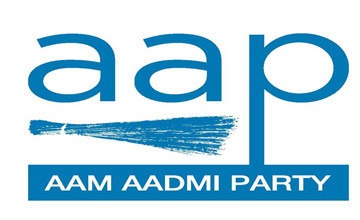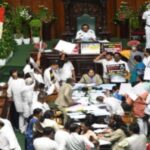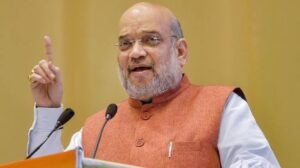
AAP Allocated New Office In Delhi Following High Court Order
Pune, 25th July 2024 – The Aam Aadmi Party (AAP) has been allocated a new office by the central government following an order from the Delhi High Court. The new headquarters for the party, led by Arvind Kejriwal, will be located at bungalow number 1 on Ravishankar Shukla Lane, New Delhi. This resolution comes amidst a long-standing dispute over the party’s headquarters and during Kejriwal’s judicial custody in Tihar Jail over the excise policy matter.
According to news agency ANI, the Delhi High Court had previously ruled in June that AAP had the right to use a housing unit from the general pool until permanent land was allocated for constructing its office. The court gave the central government a six-week deadline to decide on AAP’s representation. Following this directive, the central government has now allocated the bungalow on Ravishankar Shukla Lane as the new address for the AAP headquarters.
The allocation of the new office comes after the Supreme Court’s order requiring AAP to vacate its previous office by June 15. The Supreme Court’s decision was based on the finding that AAP’s then-current office was situated on land earmarked for the expansion of the Delhi High Court.
Senior advocate Rahul Mehra, representing AAP, had argued before the High Court that a national party has the right to a temporary office until a permanent one is allocated. This argument was accepted, leading to the High Court’s directive to the central government to provide a suitable temporary office.
The allocation of the new office is seen as a positive development for AAP, especially given the current judicial situation involving Chief Minister Arvind Kejriwal. The new headquarters will provide the party with a stable base of operations as it navigates the ongoing legal and political challenges.
The central government’s compliance with the High Court’s order marks a significant step in resolving the dispute over AAP’s headquarters. It underscores the importance of judicial intervention in ensuring that political parties have the necessary infrastructure to operate effectively.















